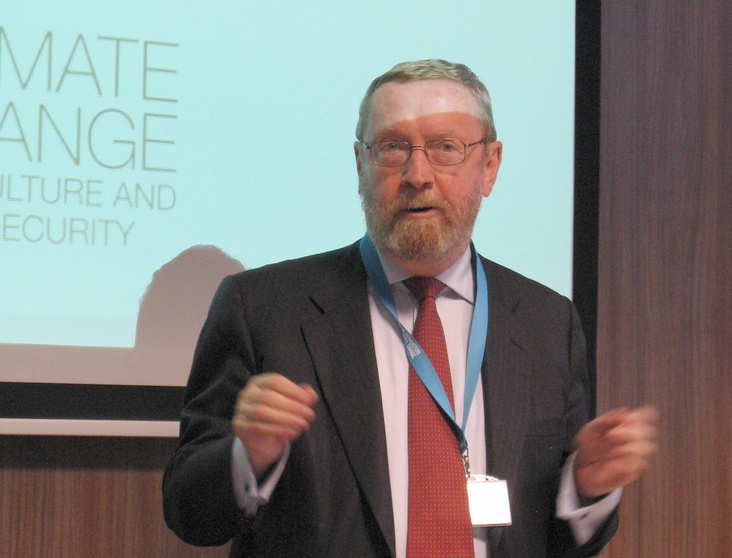Top scientists recommend alternative nuclear for UK


If Britain is to rely on nuclear power to meet low carbon energy goals, it should use reactor designs that depart from convention and that could include the use of thorium fuel instead of uranium, a report by the government's top scientific advisers will say.
Besides thorium, the report will urge development of fast reactors that can use nuclear "waste" as fuel. It will also encourage development of fusion, of small "modular" reactors that auger lower costs, and of advances in conventional reactors which are known as "light water reactors" (LWRs), as I reported in The Guardian.
These will all be necessary if the U.K. is to deploy the more nuclear-intensive of four electricity generating scenarios it has sketched out to hit an 80 percent reduction in carbon emissions by 2050.
The most ambitious of those plans calls for nuclear to generate 68 percent of the country's electricity. The others envisage 28, 20 and 10 percent. The share was 18 percent in 2011, the last full year tallied by the Department of Energy and Climate Change (DECC).
"In order to potentially deliver against the upper end of this scope it is likely that more advanced and diverse options will need to be explored by the market," a DECC spokesman told me in summarizing some of the report's recommendations.
"Such options may include: development of newer fission technologies such as evolutionary LWR’s, small modular reactors (SMRs) or Generation IV ; options for closing the uranium fuel cycle and reprocessing spent fuel; progressing the development of fusion; and consideration of alternative fuel cycles such as thorium.
“Ensuring that these options are not foreclosed or essential skills lost will be an important long term objective and the R&D Roadmap element of the work will set out a number of pathways and key decision points for any future R&D programmes to consider.”
Many of the alternative reactor designs can not only burn "waste," but can also burn fuel more efficiently than today's reactors while leaving behind much less long lived waste and making it more difficult to turn waste into weapons. They can also potentially improve upon nuclear safety.
The government will publish the report this quarter, the DECC spokesman said. My sources tell me it could emerge as soon as tomorrow or next week.
The report comes in response to a 2011 inquiry from the House of Lords on nuclear power. Its lead co-authors are Sir John Beddington, the governement's chief scientific adviser; David MacKay, the chief scientific adviser to DECC and author of the critically acclaimed book Sustainable Energy - without the hot air; and John Perkins, the scientific adviser to the government's Department of Business Innovation and Skills.
It will come against a backdrop of recent difficulties the government has faced in trying to convince industry to build 8 new nuclear reactors.
Photo: CGIAR Climate via Flickr
More from SmartPlanet's nuclear chain:
- Nuclear: Less CO2 than solar, hydro, biomass
- Nuclear fusion from Google, Lockheed, Draper Fisher
- Just a partial nuclear restart would save Japan $20 billion
- How Greenland will prop up the world economy
- Lights! Cameras! Atoms! Sundance to debut pro-nuclear film
- Nuclear heat is on in Norway
- The economic case for nuclear power in Japan
- Solar farm providing only intermittent power? Add a small nuke!
- Son of China’s ex-President: Thorium will help shape country’s energy future
- Norway ringing in thorium New Year, with Westinghouse at the party
- Solve the energy AND rare earth crisis: Join the Thorium Bank
- Virgin Nuclear? Branson asks Obama for reactor help. Sir Richard v Bill Gates?
- Westinghouse enters U.S.-China nuclear collaboration
- U.S. partners with China on new nuclear
- The Thorium Lord
- Safe nuclear: Japanese utility elaborates on thorium plans
And elsewhere re the forthcoming "Beddington Report":
- Report calls for huge expansion of experimental nuclear plants
- UK government report encourages alternative nuclear development, including thorium
This post was originally published on Smartplanet.com